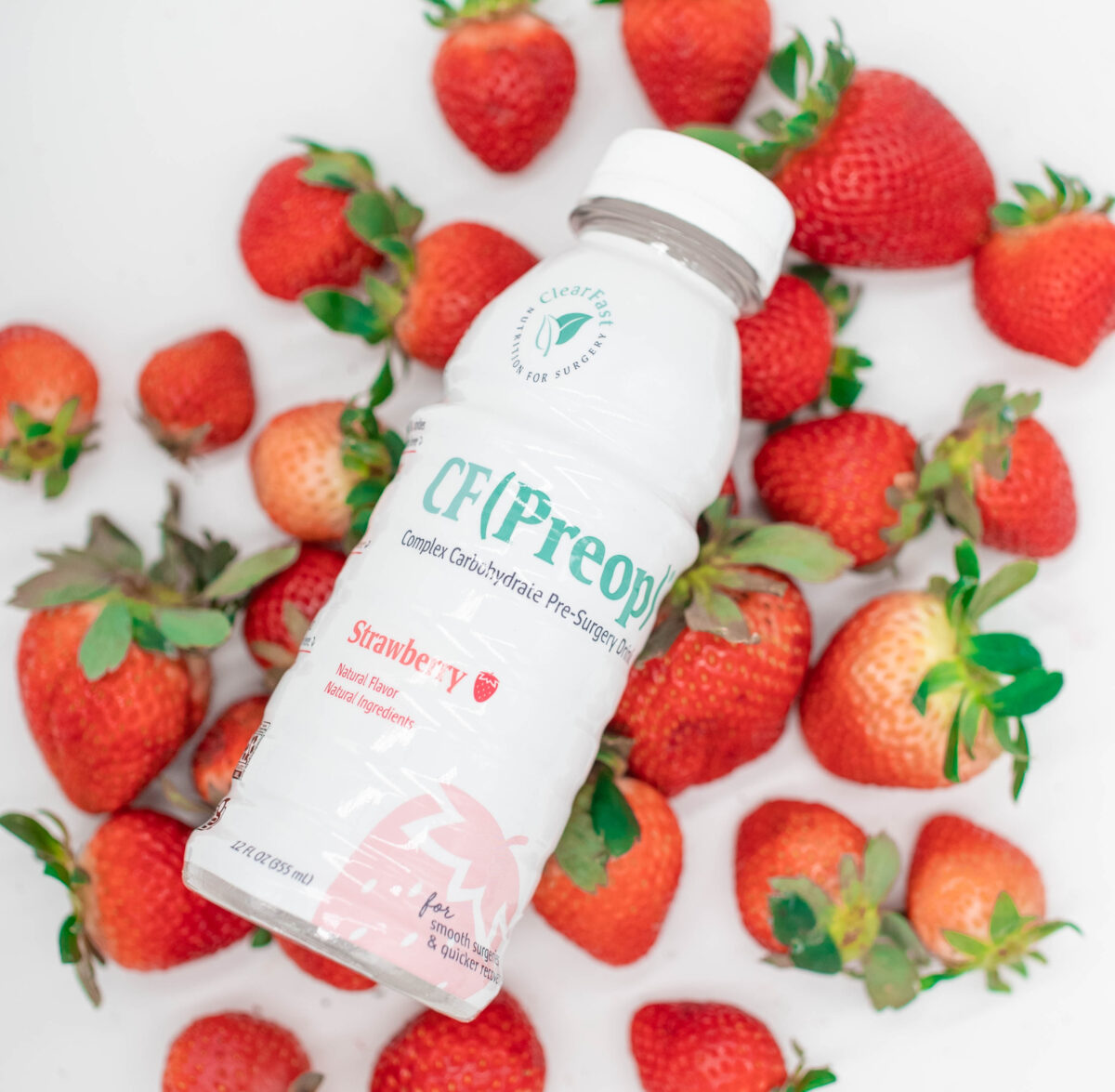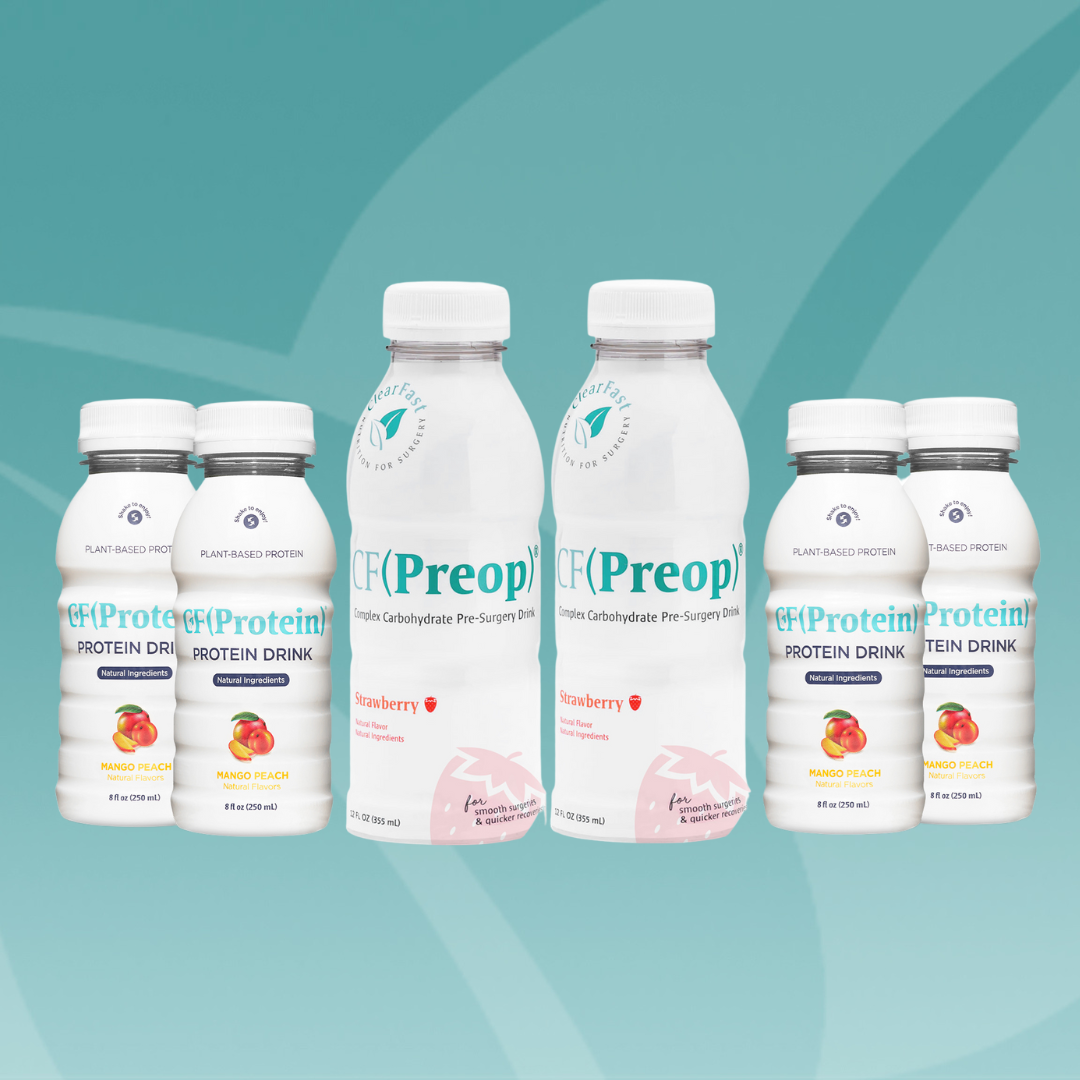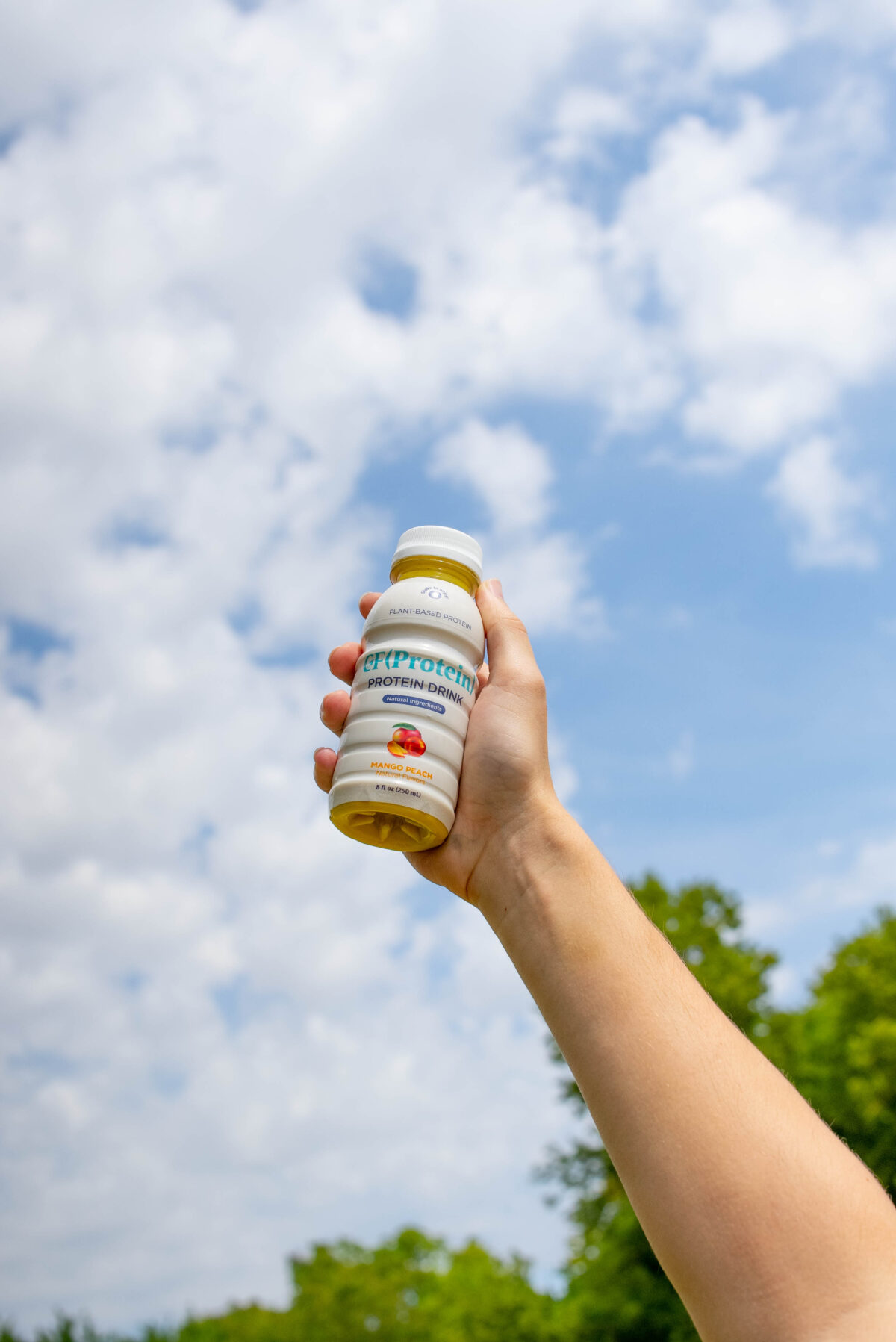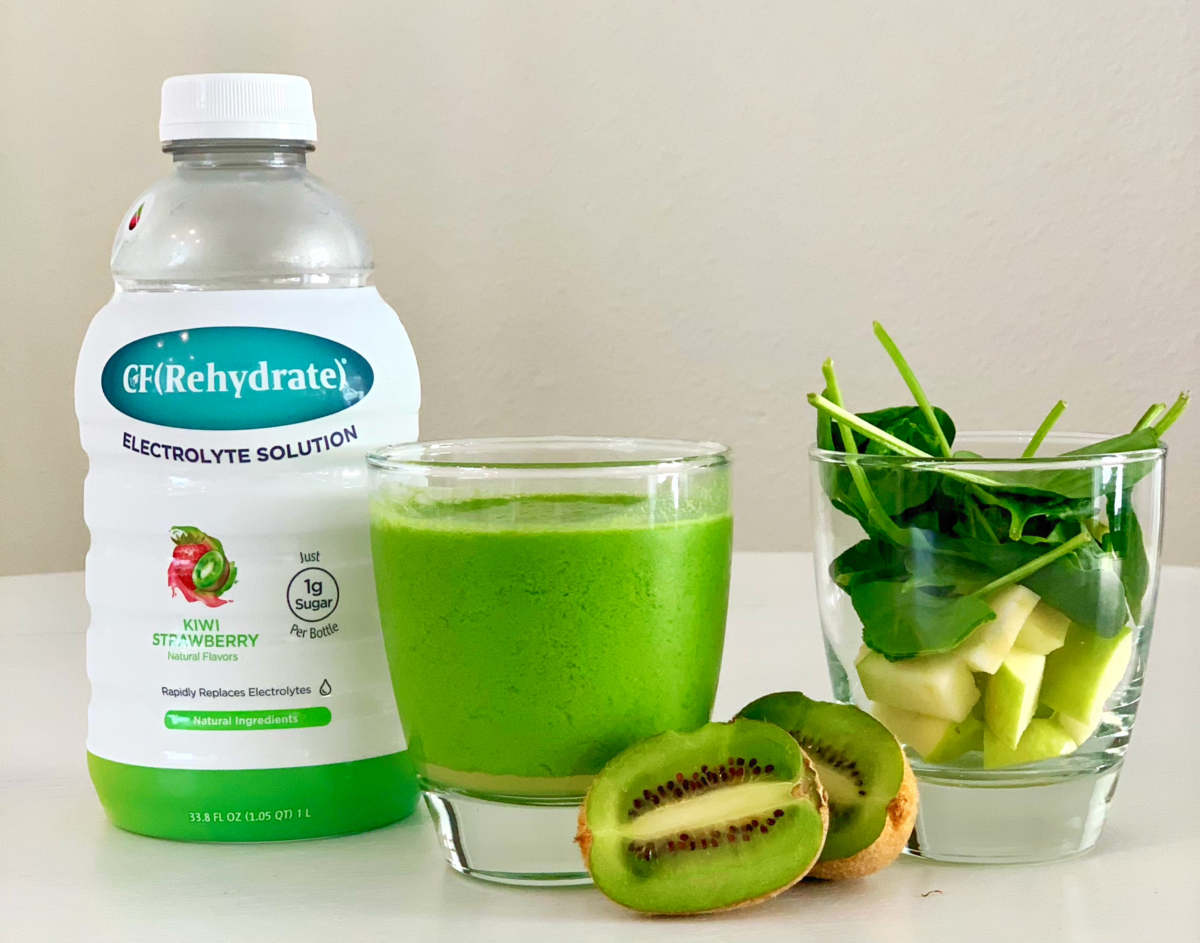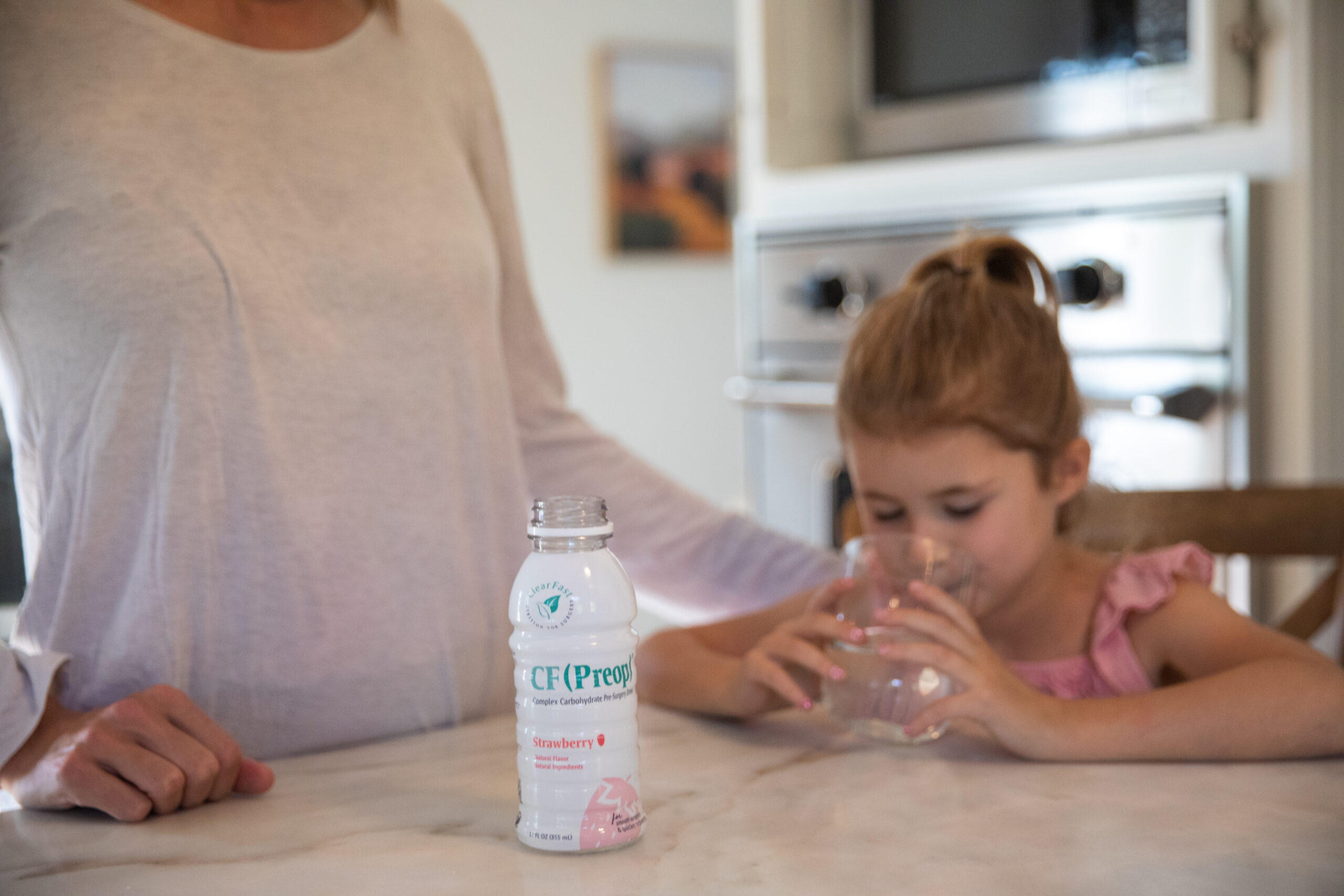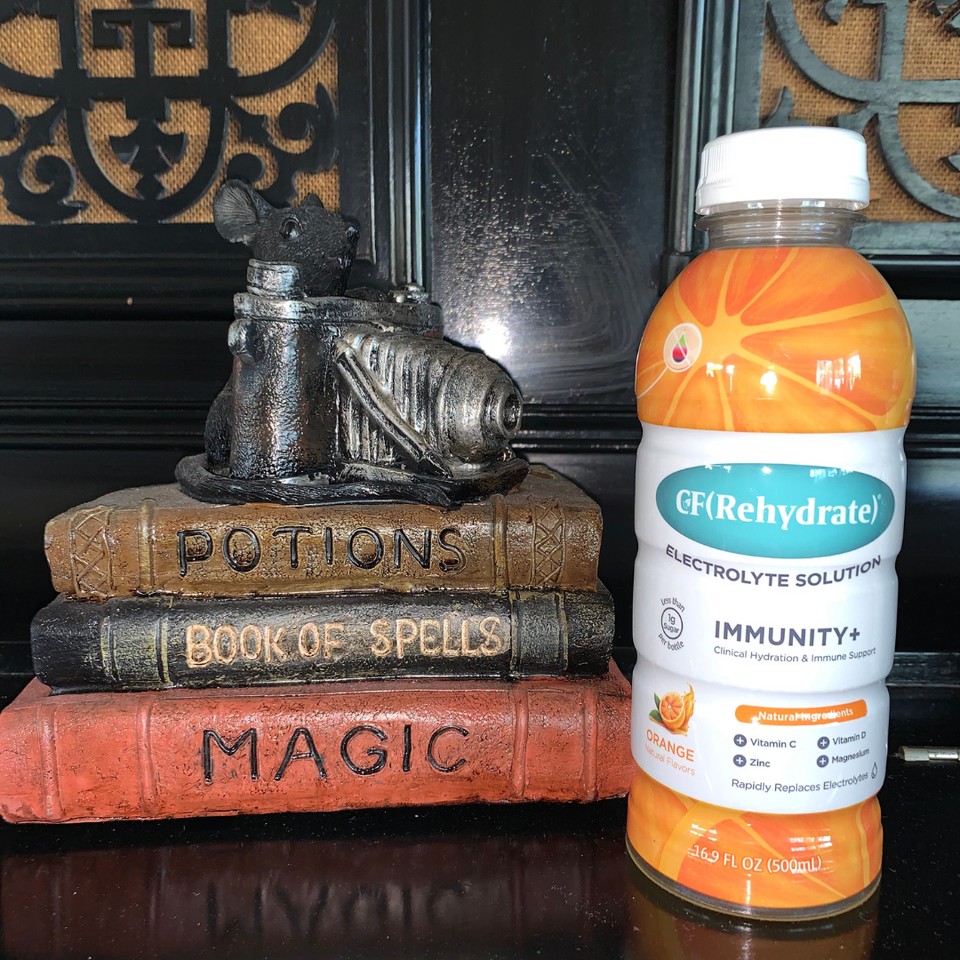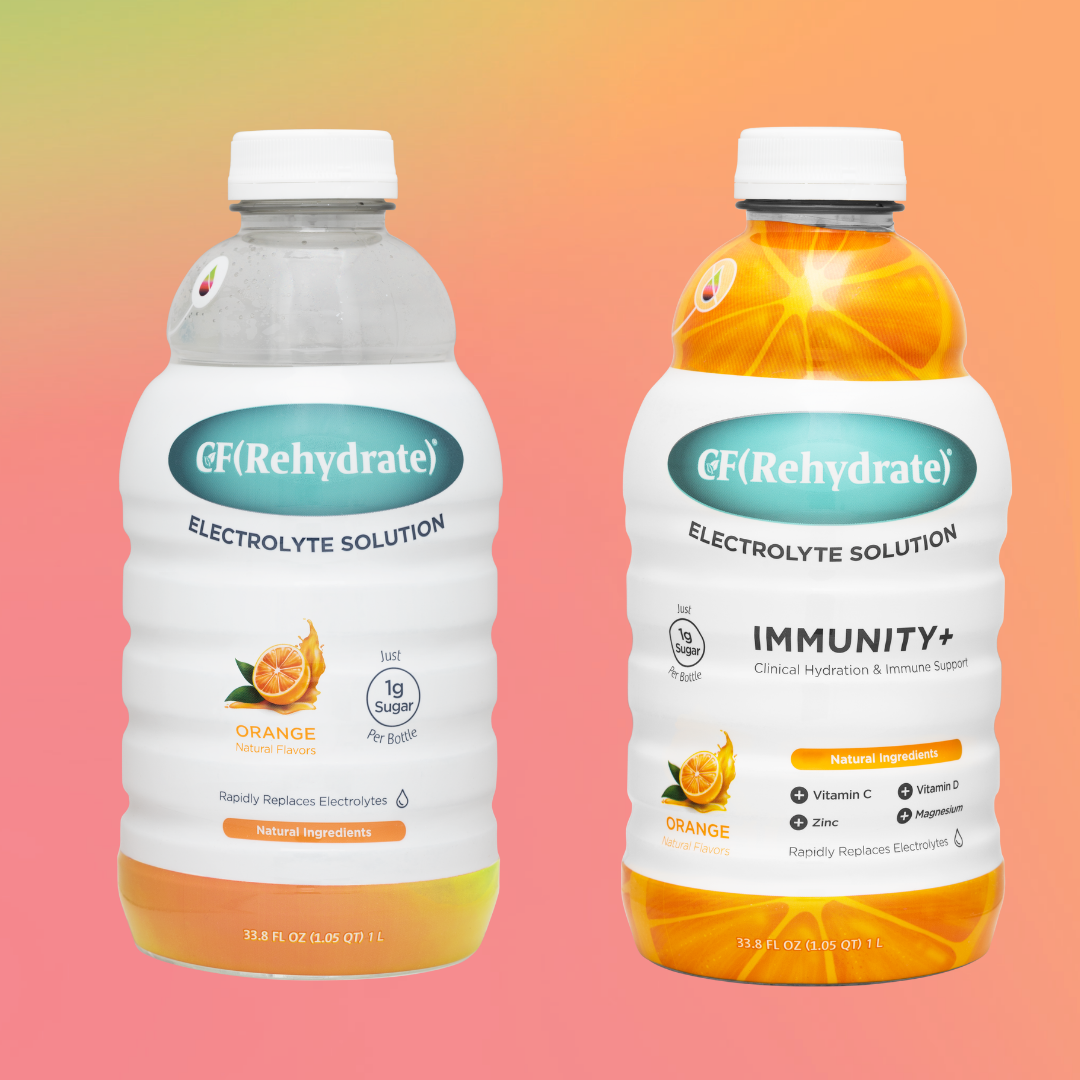Everything you need to know about going Plant-based…
- Form Complete Proteins
Complete proteins have all nine essential amino acids (Most animal proteins-fish, poultry, eggs, beef, pork, dairy). Incomplete proteins lack one or more essential amino acids (Most plant proteins-Legumes, beans, peas, lentil, nuts, seeds, whole grains, vegetables). It is important to try and form complete proteins with plant-based diets so you get all amino acids.
Some combos for you to try to incorporate:
- Nuts with a legume
- Legume with seeds
- Whole grain toast with peanut butter
- Brown rice and black beans
- Hummus with whole-grain crackers
- Salad with sunflower seeds and chickpeas
- Yogurt with walnuts
- Corn and beans
- Brown rice with green peas
- Distribute your protein throughout the day
Aim to have 20–30 grams of protein in each meal and 15 grams in each of your snacks. (This will vary based on your specific needs.) By spacing out your protein throughout the day, your body will be able to process and use the protein more efficiently.
- Choose whole grain carbs
Whole grains have more protein and more fiber making them more nutrient-dense. They will help fuel your body and keep you feeling fuller for longer.
- Use CF(Protein) to supplement your diet
CF(Protein)® was created for both ease and enjoyment. Thirteen grams of delicious, clean plant protein is packed into an 8-oz bottle that can be enjoyed on-the-go! CF(Protein)® uses pea protein. Pea protein contains all nine essential amino acids. It is easily digestible and has a pleasant taste and texture. Additionally, it is a good source of iron and other nutrients. Unlike other protein powders like whey, pea protein is not a derivative of milk so it can be consumed by those with allergies or following a specialty diet (vegan, vegetarian, paleo, etc.). Click here for CF(Protein)® nutrition information. Unlike other mainstream products, CF Nutrition products are suitable for vegetarians and vegans. They are all certified vegan, halal, and kosher and do not contain gluten.
Things to add to your diet:
- Do you eat dairy and eggs? If so, greek yogurt and eggs will be a great option for you.
- Protein bars are also a great option – aim for <200 cals and >20 g protein when looking for a protein bar.
- Pumpkin seeds, chia seed, flax seeds, nuts, nut butter, tofu, tempeh are all things you want to add in.
- Another great add is nutritional yeast. It has a lot of B vitamins and protein and give your food a cheesy flavor without adding dairy.
At CF Nutrition, all of our products are plant-based and vegan certified.
Everything you need to know about Dairy Free…
Lactase is the enzyme that breaks down lactose. If you are lactose intolerant, than you are unable to breakdown and digest lactose. If you have too little off lactase, then you are likely to feel symptoms like bloating, gas, diarrhea, etc. when you consume dairy. Sometimes, you have NO lactase, this is when you are lactose intolerant and unable to digest milk products. Being lactose intolerant is not the same as having a milk allergy.
- Lactose intolerance can be hereditary
- It can develop over time as the body makes less of the enzyme lactase
- Some babies born prematurely, may not be able to make enough lactase
- Sometimes, the body will stop making lactase after an injury or disease
- If you stop eating dairy, your body may lose it’s ability to make lactase
The main nutrients you need to be concerned about if you are lactose intolerant or avoid dairy are vitamin D and calcium.
NON-dairy sources of Calcium:
- chia seeds
- tofu
- almonds
- white beans
- sunflower seeds
- kale
- broccoli
- soy milk
NON-dairy sources of Vitamin D:
- fortified cereal and Orange Juice
- mushrooms
- salmon
- eggs
- the sun shine 🙂
**When looking at dairy free cheeses, just check the ingredients and how much saturated fat and sodium they have – you want low of both. CF Nutrition products also do not contain the most common allergens, including milk, lactose, peanuts and tree nuts, soy, eggs, casein or whey.
Everything you need to know about Gluten Free…
Celiac disease (Medically required to maintain a gluten-free diet) is a hereditary autoimmune disease that results in damage to the villi (small fingerlike projections that line the small intestine, that promote nutrient absorption) when gluten passes through the intestines. The enzyme protease helps our body break down proteins, although protease cannot break down gluten completely and undigested gluten travels to the small intestine. When damage to the villi occurs, nutrients are absorbed incorrectly.
Most people can handle undigested gluten, but celiacs cannot. In this case, gluten triggers an autoimmune reaction and unpleasant symptoms. Celiac disease can develop the disease at any age. The treatment is to follow a strict gluten-free diet as there is no cure. The symptoms are abdominal pain, diarrhea, heartburn, indigestion, nausea, vomiting, constipation, bloating fatigue, skin rash, and weight loss.
A gluten-free diet may also be right for you if you have an allergy or intolerance to gluten or wheat, or if you feel you have symptoms after consuming foods with gluten. These symptoms may include bloating, diarrhea, or gas, among other gastrointestinal issues.
How to Follow a Gluten-Free Diet
- The 3 main food groups containing gluten – wheat, barley, and rye.
- To follow a gluten-free diet, it is important to avoid all foods that contain these ingredients.
- Wheat is commonly found in bread, baked goods, soups, pasta, cereals, sauces, and some salad dressings.
- Barley is found in malt, food coloring, soups, beer, and brewer’s yeast.
- Rye is found in rye bread, rye beer, and cereals. Unless specified as gluten-free, most pasta, bread, crackers, and baked goods contain gluten.
A gluten-free diet does not mean you have to be without carbohydrates. There are plenty of carbohydrates that do not contain gluten and are suitable for those who cannot tolerate gluten.
Naturally, gluten-free foods include:
- Amaranth
- Arrowroot
- Beans
- Buckwheat
- Cassava
- Chia
- Corn
- Flax
- Gluten-free oats
- Nut flours
- Potato
- Quinoa
- Rice
- Soy
- Tapioca
Additionally, there are gluten-free options available in restaurants and stores. If you are eating at a restaurant, ask about a gluten-free menu.
CF Nutrition products are gluten-free and may be suitable for patients with Celiac Disease.
Certain GI issues are more common in those with Celiac Disease. If you feel CF products cause or worsen symptoms, consult your doctor for recommendations.
Now that you know CF Nutrition products are suitable for most diet restrictions, explore our website to shop!


